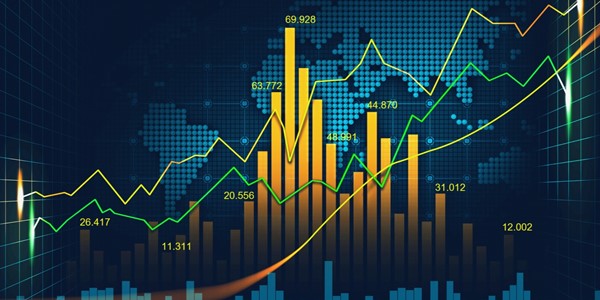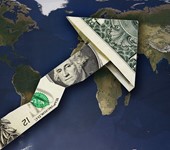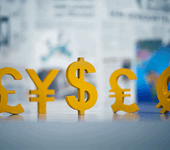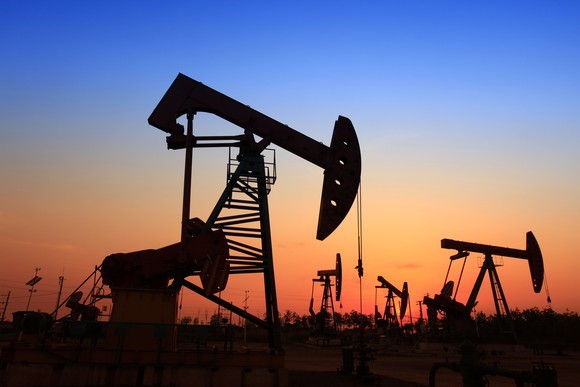Daily Wrap Up 06 October 2022
Once again, the rise in government bond yields is acting as the catalyst for the sell off in stocks.
Oil rises strongly after OPEC agreed on output increase
22 Jun 2018 07:33 PM |OPEC agreed today to slightly increase oil production starting next month after Saudi Arabia was able to persuade Iran under key consumer
US Dollar exceeds resistance level to its highest level
21 Jun 2018 04:11 PM |The US dollar rose today against a basket of currencies above the 95 resistance level we mentioned yesterday to reach its highest level since July 13, 2017
US Dollar stabilizes below resistance level of 95
20 Jun 2018 03:13 PM |The dollar returned to touch its 11-month high against a basket of currencies at 95.30, amidst the escalating trade conflict
US dollar hits its highest level since July 2017
19 Jun 2018 03:02 PM |The US dollar rose to an 11-month high in the wake of US President Donald Trump's threat to impose more tariffs on Chinese goods
Weekly fundamental outlook
18 Jun 2018 03:00 PM |The economic calendar is not full of major economic events this week, and the market's attention will be focused on the US administration's imposition of new
The decisions of FED and the ECB are different at the June meeting
14 Jun 2018 02:13 PM |The US Federal Reserve raised interest rates for the second time in 2018 by 25 basis points to 2.00%, with reference to the possibility of raising interest rates again this year.
US dollar waiting for Fed decisions
13 Jun 2018 03:17 PM |The US dollar fell today, as the dollar index hit its daily low against a basket of currencies to settle at 93.70,
US dollar stabilized after inflation data
12 Jun 2018 03:28 PM |The US dollar index stabilized against a basket of currencies in the wake of US inflation data, which came in line with market expectations
Prices may be delayed by 5 seconds. Prices above are subject to our website terms and conditions. Prices are indicative only
© 2023 Equiti, All Rights Reserved









